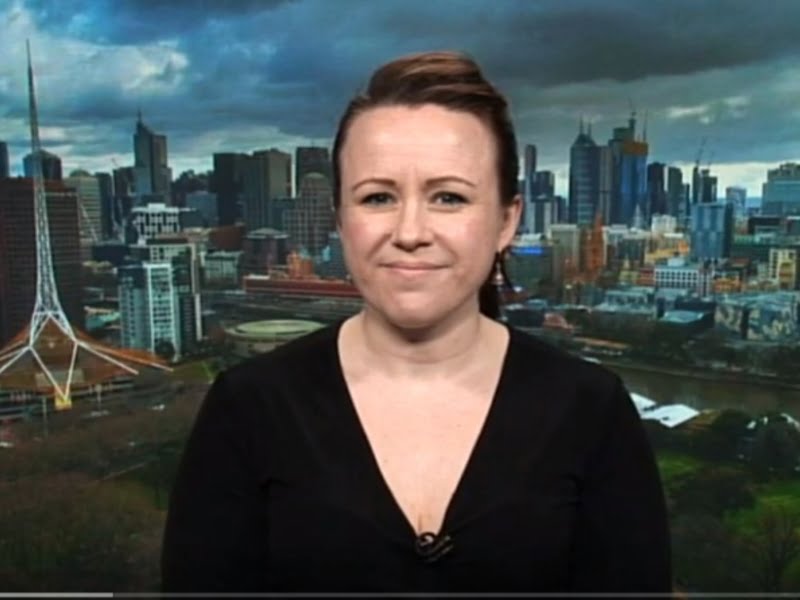Now is the time to “stake a claim” and fight back against the growing use of facial recognition technology by Australian governments and law enforcement, a number of digital and civil rights advocates and the Human Rights Commissioner have said.
On a webinar hosted by the Human Rights Commission, a number of civil and digital rights advocates backed recent calls for a moratorium on the use of facial recognition technology in government decision making until appropriate privacy protections are enshrined in law.
There was also significant criticism of the NSW Police’s use of facial recognition technology, including using passport photos for investigating criminal investigations, despite legislation facilitating a national biometrics database remaining unpassed.

In the recent report on technology and human rights, Human Rights Commissioner Ed Santow called for a complete halt in the use of facial recognition in high-stakes decision-making.
“Even if the technology was completely accurate, which it’s not, we would still have a significant concern about the overuse of facial recognition technology, particularly when we’re talking in a public setting,” Mr Santow said on the webinar.
“The more you use this technology, the more we risk sliding into a situation of mass surveillance, and the right to privacy being breached at a significant population-level scale. Like a growing number of jurisdictions overseas, we’re concerned that unless you hit pause now, there’ll be problems that occur to peoples’ fundamental human rights that can’t be undone.”
The federal government has for several years been planning to create a national biometrics database allowing authorities around the country to conduct facial recognition matches, and introduced the Identity-Matching Services bill in July 2019.
Under a COAG agreement, the database would be fed with biometrics such as drivers licence photos from the states, to then be used for one-to-one and one-to-many facial recognition matches by authorities.
The legislation has stalled in parliament since it was rejected by the powerful Parliamentary Joint Committee on Intelligence and Security (PJCIS), which said that a “significant amount of redrafting and not simply amending” was required.
The PJCIS called for the legislation to be redesigned around privacy, transparency and robust safeguards.
Despite this, Queensland, Victoria, South Australia and Tasmania have all uploaded information to the as-yet not operational database.
Last month it was revealed that NSW Police have been testing this facial recognition system, despite the legislation still not passing. NSW Police have conducted a “limited (low volume) trial” of the facial matching service using passport photos held by the Commonwealth.
It’s understood NSW Police has not yet made any matches using the technology .
Mr Santow said he is concerned about the use of facial recognition technology by authorities without the underpinning legislation.
“We criticised the Identity-matching Services Bill heavily. It was really significant – it was the first time that the PJCIS actually unanimously decided that it should not proceed,” he said.
“We do not like that bill, but one thing worse than the bill is the situation where you have a police force in Australia proceeding without any framework at all – the use of facial recognition by the NSW Police and maybe other police forces, without a proper legal framework.”
Digital Rights Watch chair Lizzie O’Shea said now is the time to get on the front foot and oppose moves to introduce broader facial recognition in Australia.
“I think [NSW Police] thinks that regulation in this space is inevitable and it will be drafted in a way that suits their interest. We should have spaces where we’re entitled to be free from that surveillance and there needs to be an onus on law enforcement to justify why they’re claiming a need to use that technology,” Ms O’Shea said on the webinar.
“Now is the important time to do it. If NSW Police are correct, it’s only a matter of time before legislation is tabled similar to the legislation withdrawn a couple of years back to set up this system for mass surveillance. We should be talking about why that’s a problem now.”
It’s important for advocates in the space to gather now and prepare to campaign against this legislation before it is reintroduced to Parliament, Ms O’Shea said.
“We can’t shy away from the argument that we ought to be able to participate in public life without being watched, and this is the time to make that call and stake that claim so there’s no inevitability about it,” she said.
Also appearing on the panel University of Western Australia associate professor in law and technology Julia Powles agreed with these calls, saying that “this is the moment to stake our claim”.
Do you know more? Contact James Riley via Email.

